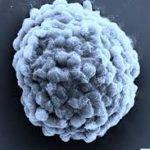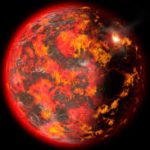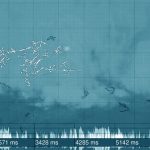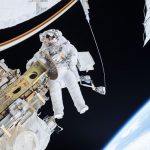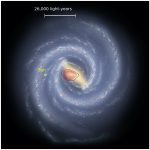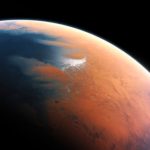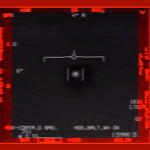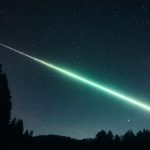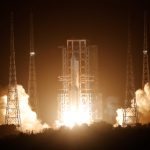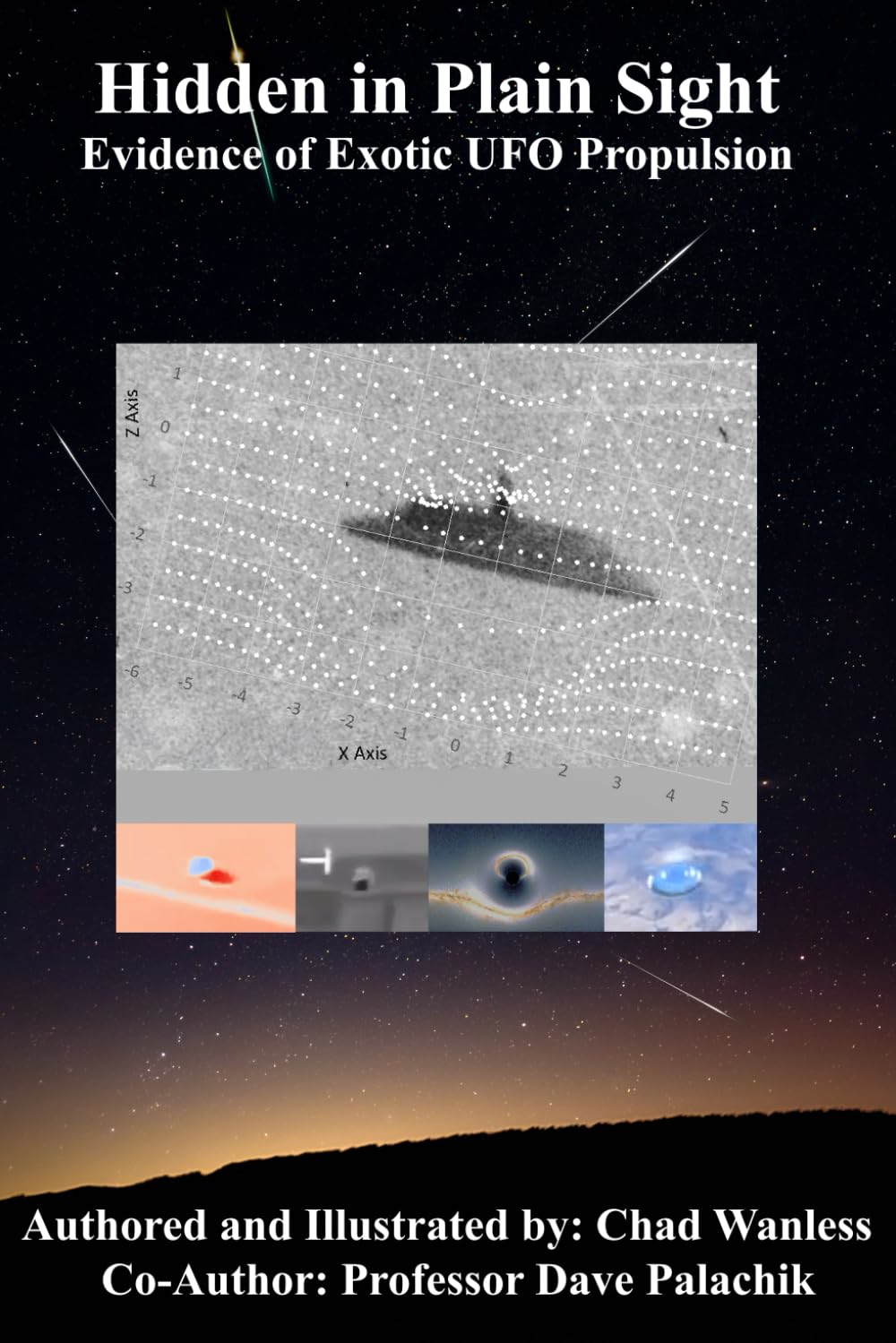Sugary droplets turn algal cells into miniature hydrogen factories0
- From Around the Web, Science & Technology
- November 26, 2020
Source: New Atlas Hydrogen holds great potential as a clean energy source, largely because it produces no CO2 and only emits water vapor when used in a fuel cell. Most production, however, requires the use of fossil fuels, which has motivated much research into cleaner methods. A research team working in this area has made

